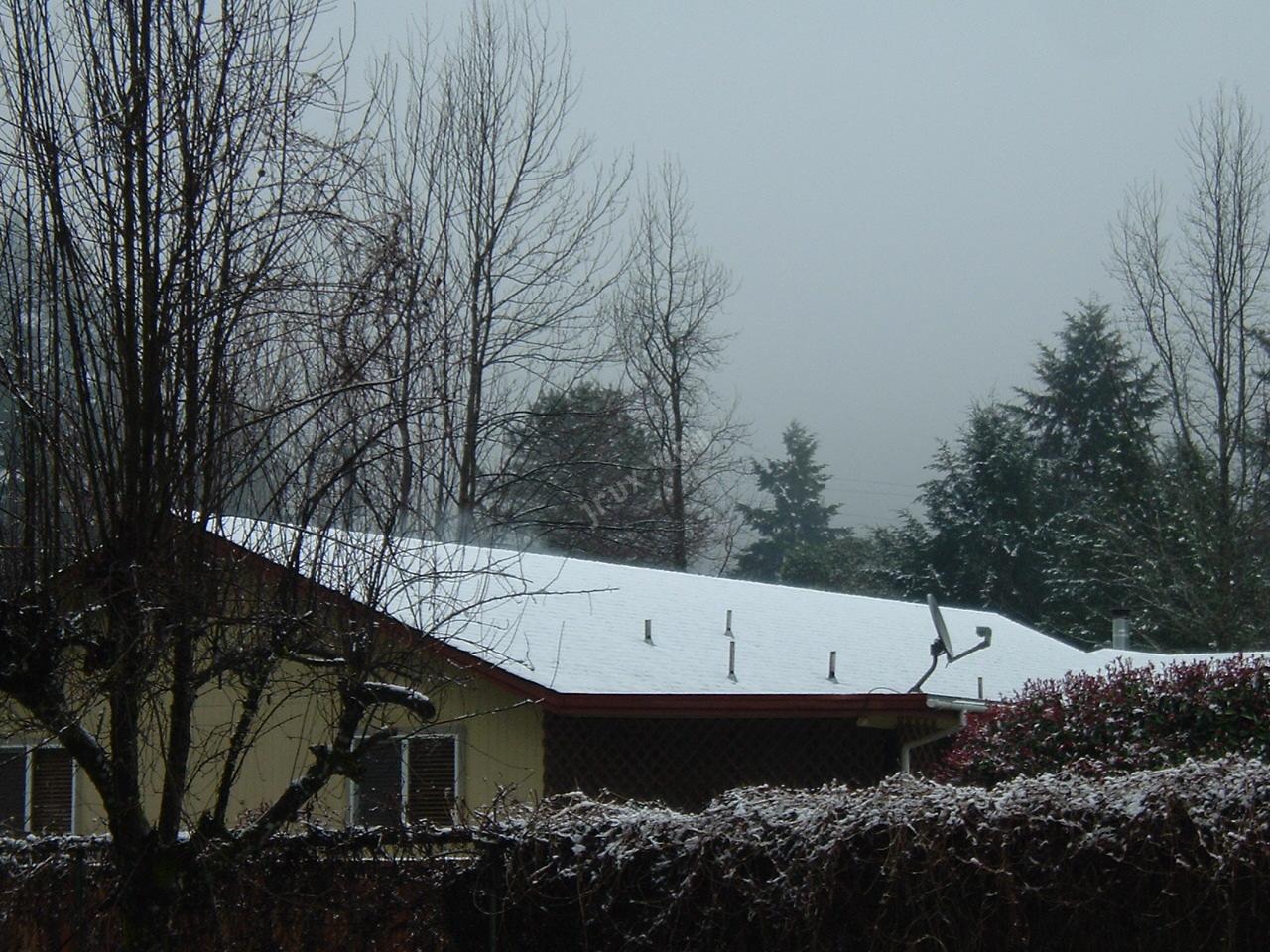Celebrating the Christmas Season
Make less mess this Christmas Season!

Reducing the Mess and Waste During the Holidays
Thousands of paper and plastic shopping bags end up in landfills every year. Reduce the number of bags thrown out by bringing reusable cloth bags for holiday gift shopping. Tell store clerks you don't need a bag for small or oversized purchases.
Wrap gifts in recycled or reused wrapping paper or funny papers. Also remember to save or recycle used wrapping paper. Give gifts that don't require much packaging, such as concert tickets or gift certificates.
Send recycled-content greeting cards to reduce the amount of virgin paper used during the holidays. Remember to recycle any paper cards you receive. You can also try sending electronic greeting cards to reduce paper waste.
About 40 percent of all battery sales occur during the holiday season. Buy rechargeable batteries to accompany your electronic gifts, and consider giving a battery charger as well. Rechargeable batteries reduce the amount of potentially harmful materials thrown away, and can save money in the long run.
Turn off or unplug holiday lights during the day. Doing so will not only save energy, but will also help your lights last longer.
Approximately 33 million live Christmas trees are sold in North America every year. After the holidays, look for ways to recycle your tree instead of sending it to a landfill. Check with your community solid waste department and find out if they collect and mulch trees. Your town might be able to use chippings from mulched trees for hiking trails and beachfront erosion barriers.
To help prevent waste from cutting down and disposing of live trees, you can buy a potted tree and plant it after the holidays.
Have a create-your-own-decorations party! Invite family and friends to create and use holiday decorations such as ornaments made from old greeting cards or cookie dough, garlands made from strung popcorn or cranberries, wreaths made from artificial greens and flowers, and potpourri made from kitchen spices such as cinnamon and cloves.
Consider the durability of a product before you buy it as a gift. Cheaper, less durable items often wear out quickly, creating waste and costing you money.
When buying gifts, check product labels to determine an item's recyclability and whether it is made from recycled materials. Buying recycled encourages manufacturers to make more recycled-content products available.
Use your own camera instead of a disposable one to reduce waste while capturing holiday memories. Consider buying a digital camera so that you don't have to use film and only print the pictures you want to keep.
More Holiday Season Tips:
Make a commitment to recycling this season by getting involved in local events, and by making a pledge to recycle more and buy products made from recycled materials.
Grass clippings and shredded (or unshredded) leaves make excellent mulch. Pile shredded leaves deep around your shrubbery, as well as in and around any plants you want to overwinter in pots.
If you host a party, set the table with cloth napkins and reusable dishes, glasses, and silverware. Consider renting more formal tableware that you might not use very often. Also save and reuse party hats, decorations, and favors.
After holiday festivities, put leftovers in recyclable containers, and share them with family, friends, or others. Donate whole, untouched leftovers from parties to a local food bank or homeless shelter.
Where possible, compost leftover food scraps, leaves, and grass clippings.
Show your guests where to put recyclables such as aluminum, glass, and plastic beverage containers.
After parties, fill your dishwasher to capacity before running it. You will run fewer cycles, which saves energy.
Wash and reuse empty glass and plastic jars, milk jugs, coffee cans, dairy tubs, and other similar containers that would otherwise get thrown away. These containers can be used to store leftovers as well as buttons, nails, or other loose items.
Avoid placing hard, thick, or waxy food scraps down the drain. These materials can clog the pipes or damage garbage disposal blades and send parts of your sink to the landfill before their time.
Buy products in concentrate, bulk, or in refillable containers. Many items are available in these sizes. They reduce packaging waste and can save you money! Combine waste reducing practices, such as buying coffee in bulk and storing it in your leftover empty coffee cans.
If you going away from home for the holidays, to save energy, turn down your thermostat and put lights on timers.
The Holidays are an excellent time of year to conduct neighborhood food or clothing drives to help those in need
The information on this site was produced by the USDA, the USNFSA and other agencies and was compiled by the site owners. Site design and layout copyright 2007 giantific.com